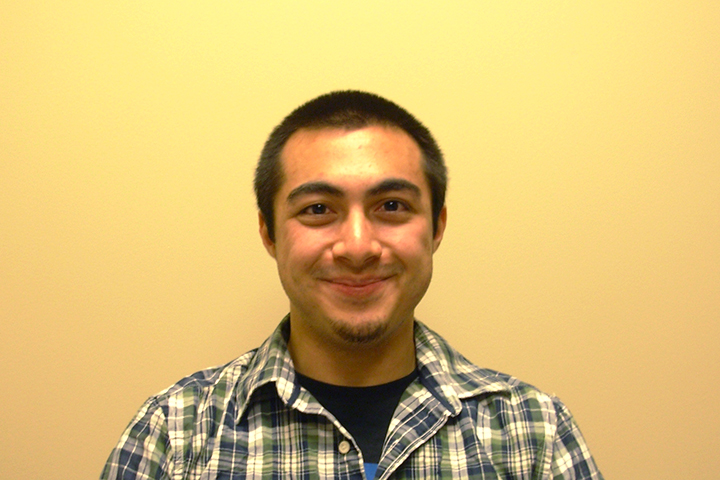He’s not exactly Barack Obama, but just like the nation’s first African-American president, Illinois State University junior Brian Comella is trying to make political history.
Comella is attempting to become the first Illinois State student to be elected mayor of the town of Normal. Although students have run for municipal office in Normal and have held spots on the McLean County Board, none has served as mayor or on the governing body of either the town of Normal or the city of Bloomington, according to city, county, and town officials.
Comella intends to run in the April 9 election against Mayor Chris Koos, who will be seeking a third full term. Comella will be part of what is becoming a crowded field that already features at least one other candidate with an Illinois State connection: Alum JeVaughn Martin ’08 has told The Pantagraph he plans to run.
“For the most part (students) don’t have the same beliefs or the same worries that our parents, or our parents’ generation, do when it comes to politics,” said Comella, a 20-year-old political science major. “So I’m just trying to attack it from more of a younger generation, from a student’s point of view.”
Comella’s political experience is limited to unsuccessful campaigns for floor president in student housing. He was inspired to run for office by Illinois State Professor Erik Rankin, assistant to the Politics and Government Department chair. Rankin has encouraged students to seek local office, noting that they make up nearly half of the town’s population, Comella said.
“So I said, Why not?” Comella said. “It is definitely a great way to learn about the political process. You just find out more about the grass roots movement of politics.”
Comella is banking on the support of that most fickle group of voters: students.
“I think I have a fair chance,” he said. “The last election was decided by 4,800 votes. If 3,000 students show up and vote for me, then that’s the ballgame.”
That’s a big if.
In 2009, Illinois State University faculty member Andrew Matthews ’06, M.S. ’10, ran against Koos. Matthews captured 89 percent of the vote in the two precincts dominated by student housing but still lost by 19 percentage points overall. One problem for Matthews was that only 113 people, i.e., 3 percent of registered voters, cast a ballot in those campus precincts.
Although voter turnout in the campus precincts was threefold higher than the previous mayoral election, it was far below the precincts’ turnout rates of 49 percent and 67 percent for the 2008 presidential election, according to McLean County records.
Scott Preston ’10 ran for town council in that 2009 election while he was a junior at Illinois State. Just like Matthews, he crushed his opponents in the student-housing precincts, but fell about 4 percent short of taking a seat. He said many students aren’t interested in local issues and don’t consider Normal to be their home, so they don’t vote in municipal elections or they register where their parents live.
Comella is trying to change that way of thinking and plans to use social media to reach students.
“Why would you vote in an area that you don’t live in eight months out of the year and won’t live in for more than a year total out of the next four years if you come here for four years?” Comella asked. “Mayor Chris Koos is going to have more effect over their lives than whatever representative they vote for in their home districts, so why not get them to have an input.”
Another obstacle Comella could face is his age.
But voters’ hesitation to support a young candidate can be overcome as Congressman Adam Kinzinger ‘00 proved when he was elected to the McLean County Board while a sophomore at Illinois State. He was joined on the board in 2000 by Illinois State student Benjamin Owens ’03, who became that board’s youngest member at 19.
Owens said he attempted to minimize the age issue by not using his picture on campaign materials.
Koos said Owens and Kinzinger also held the advantage of being local. Comella, however, is from Morton.
“It’s an uphill battle for him,” Koos said. “Being known locally is pretty crucial in a local election.”
But age, the student vote, and a candidate’s hometown might not be the biggest hindrances to student representation in town hall.
Owens said Normal hasn’t gone to a ward system, such as the one Bloomington has, at least partly because it would lead to a student being on the town council.
Koos agreed, saying officials discussed a ward system but thought that by running at large councilors better represented the community.
“I think Watterson Towers could be a ward onto itself,” he said.
Kevin Bersett can be reached at kdberse@ilstu.edu.

